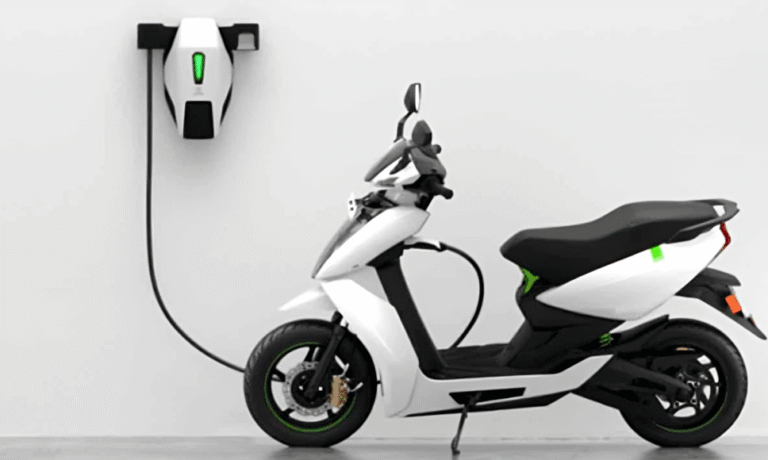The global electric bicycle (e-bike) market is on track to reach USD 88.3 billion by 2032, expanding at a CAGR of 11.9%, according to a new report from Meticulous Research®. This explosive growth is fueled by mounting environmental concerns, strong government policies, and rising health and fitness consciousness.
Context: A Global Shift Towards Greener Urban Mobility
As cities worldwide confront climate change and air pollution, e-bikes are emerging as the preferred solution for short-distance travel and urban micromobility. Powered by electric propulsion but maintaining the health benefits of cycling, e-bikes strike the balance between efficiency, sustainability, and personal well-being.
The increasing health hazards linked to vehicular pollution—particularly its neurological and respiratory implications—have made alternatives like e-bikes not just popular but necessary.
Operational Details: Tech Innovations and Market Dynamics
The report highlights major trends across propulsion types, battery systems, and smart charging:
- Dual-mode e-bikes, which allow switching between throttle and pedal-assist, are the fastest-growing segment.
- Class 2 e-bikes, offering throttle-assisted speeds up to 20 mph, lead in urban adoption.
- Adventure e-bikes see rising demand among outdoor enthusiasts and long-distance commuters.
- Lithium-ion batteries remain dominant, while wireless charging technologies are redefining convenience and integration with smart city infrastructure.
Economic Impact: Regional and Sectoral Growth
- North America is set to register the highest growth rate, driven by government incentives and consumer awareness.
- Asia-Pacific, with initiatives in Thailand and Indonesia, is showing strong potential through public policies promoting electric two-wheelers and carbon neutrality.
- The e-bike industry is also opening new avenues in shared mobility, delivery services, and sustainable tourism.
Strategic Significance: Industry Leaders and the Road Ahead
The e-bike market is witnessing stiff competition among global players such as Bosch, Yamaha, Giant, Trek, PEDEGO, and Hero Cycles. These companies are focusing on connected technology, battery-swapping ecosystems, and intelligent design to deliver superior performance and user experience.
“Connected e-bikes and AI-powered performance tracking will be the future of urban mobility,” the report suggests, calling attention to IoT-enabled systems that provide navigation, theft protection, and real-time diagnostics.



